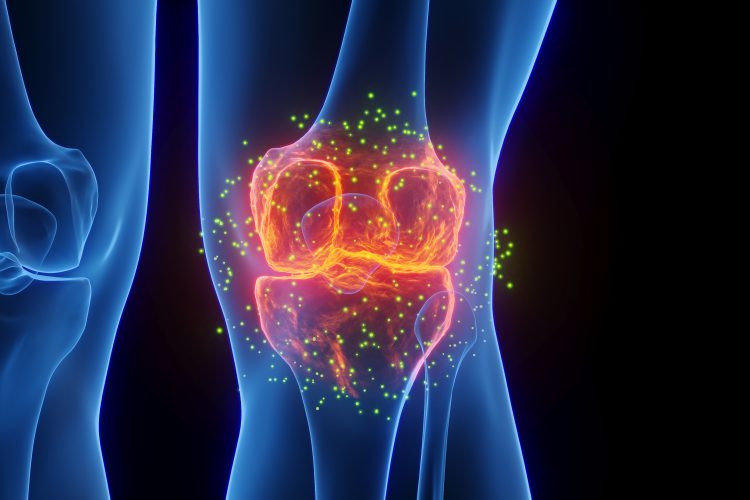Potential for improved rheumatoid arthritis treatment
Posted: 9 November 2023 | Drug Target Review | No comments yet
Six types of inflammation with various cell types and disease pathways identified may provide better treatment of rheumatoid arthritis.


The autoimmune disease rheumatoid arthritis (RA) is characterised by inflammation that leads to pain, joint damage, and disability. It affects about 18 million people worldwide and while RA therapies targeted to specific inflammatory pathways have been developed, only some patients’ symptoms improve with treatment, which emphasises the requirement for multiple treatment approaches adapted for different disease subtypes.
An international research consortium, co-led by researchers from the Broad Institute of MIT and Harvard and Brigham and Women’s Hospital, analysed tissues from RA donors at single-cell level to attempt to precisely define cellular drivers of RA. They integrated multiple forms of analysis to stratify RA by six subtypes of inflammation. Their findings provide new insights on the variety of cellular causes of RA, which could lead to more targeted, effective, and patient-tailored therapeutic approaches.
Dr Soumya Raychaudhuri of the Brigham’s Division of Rheumatology, Inflammation and Immunity and the Broad Institute said: “In the treatment of individuals with rheumatoid arthritis, we struggle to find the right treatment for the right patient.” He continued: “We aimed to determine why some subsets of patients don’t respond to conventional treatments by looking at the subtypes of inflammation. We did so from many different angles, using multiple cutting-edge, single-cell techniques and integrating results in a way that hasn’t been done before for an inflammatory disease.”
The study’s findings represent a milestone in the Accelerating Medicines Partnership Rheumatoid Arthritis and Systemic Lupus Erythematosus programme, a public-private partnership launched in 2014 to advance molecular- and cellular-level understandings of autoimmune diseases and identify promising drug targets.
Collaborating with researchers from the UK and US, the team analysed 79 donor samples of synovial tissue, the inflamed tissue in RA that normally helps cushion and sustain joints. The researchers particularly focused on tissue from patients with new-onset disease and from patients unresponsive to treatment to better identify the initial drivers of RA as well as those of refractory disease.
The scientists combined surface protein data and histologic analysis with multiple forms of single-cell RNA-sequencing and bulk RNA sequencing to deconstruct RA pathology on a cellular level. They consistently found evidence of six major types of inflammation across over 314,000 cells, which they stratified by associated cell type, called cell-type abundance phenotypes (CTAPs). While some CTAPS, such as those enriched with T and B cells, were an expected finding for an autoimmune disease like RA, the team was surprised to see CTAPs associated with structural cells like fibroblasts and endothelial cells, with relatively few inflammatory leukocytes. Also, patients’ CTAPs were dynamic and could change over time in response to treatment.
Now, the team aims to expand their knowledge of the cell types involved in RA by studying how interconnections between cells promote disease states. Currently, synovial tissue analysis is not standard practice in RA patients, so they hope this work will encourage it. While blood tests are more common in RA patients, findings from this study and others emphasise that the cellular profile of synovial tissue differs notably from that of blood.
Dr Michael Brenner of Brigham’s Division of Rheumatology, Inflammation and Immunity said: “By providing this atlas of cell types and pathways involved in RA, we are better able to pursue our precision medicine goal of being able to select the right drug for the right patient and achieve a high response rate.”
The study was published in Nature.
Related topics
RNAs
Related conditions
rheumatoid arthritis
Related organisations
Brigham and Women's Hospital, Broad Institute of MIT and Harvard








